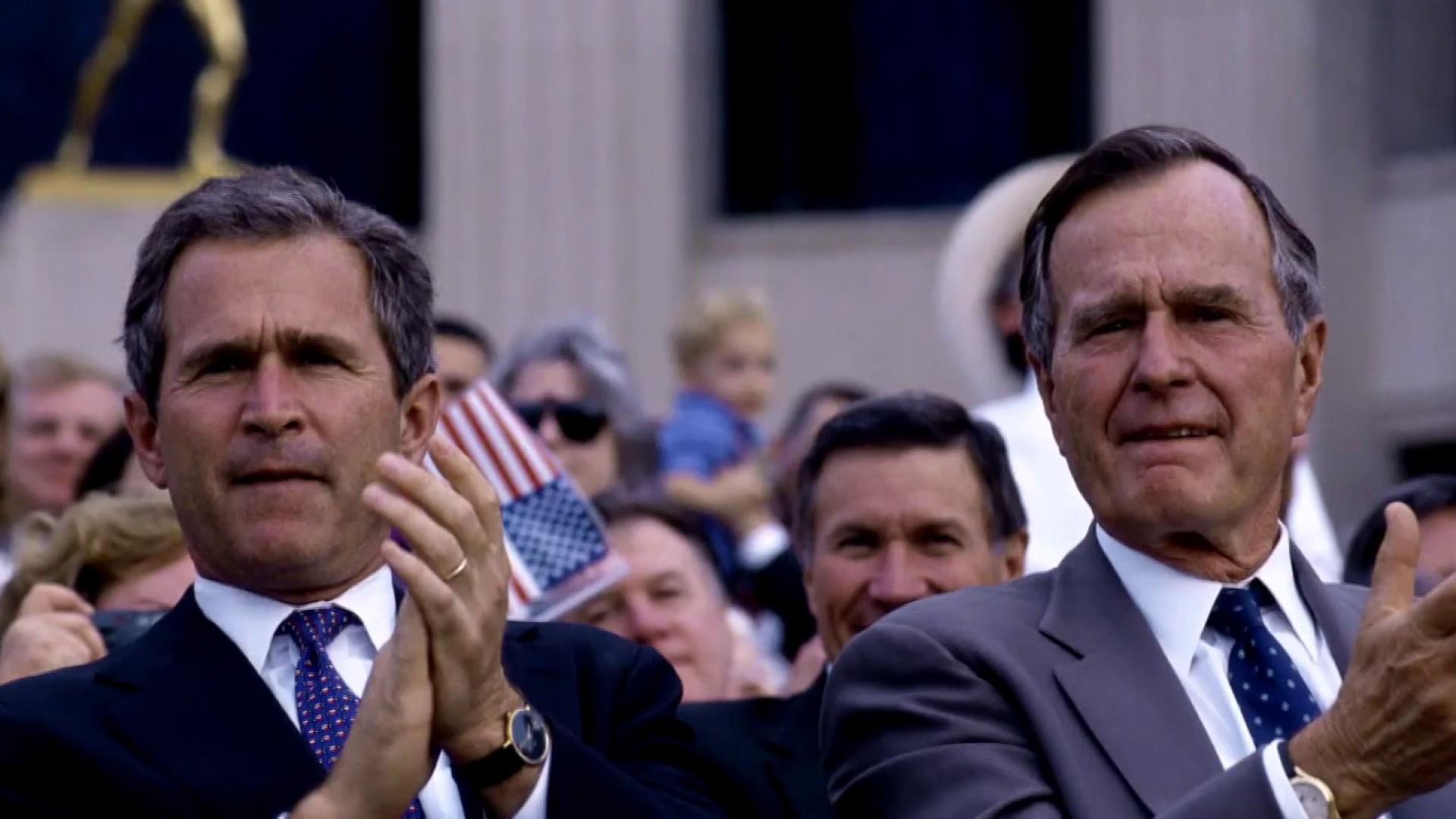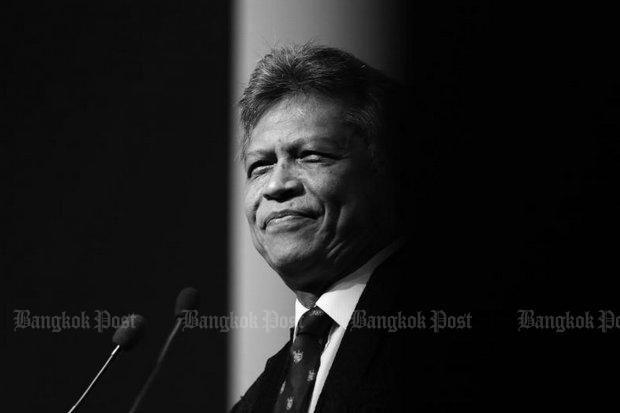December 4 ,2018
George H.W. Bush, Public Servant
Historians will measure the presidency of George H.W. Bush in familiar ways — by how well or poorly he managed the major domestic and international challenges of his time, his leadership qualities, the moral and social legacies he left for future generations.
Yet, at the moment of his passing, it is difficult not to take note of the profound differences between the 41st president of the United States and the current occupant of the White House, Donald Trump. Beyond a desire to be president — Mr. Bush was more competitive and ambitious than his self-effacing personality sometimes suggested — there is almost nothing in common: the one gracious and modest, the other rude and vain; the one prudent, the other brash; the one steady, the other unmoored.
Mr. Bush’s death on Friday is also a moment to recall a less quarrelsome political order, when relations with traditional allies were more cordial than combative, when government attracted people of talent and integrity for whom public service offered a purpose higher than self-enrichment, when the Republican Party, though slowly slipping into the tentacles of zealots like Newt Gingrich, still offered room for people with pragmatic policies and sensible dispositions.
Mr. Bush’s tenure was shorter than he had hoped, and ended ingloriously in a lopsided defeat at the hands of an upstart governor from Arkansas, Bill Clinton, presaged by a huge drop in Mr. Bush’s approval rating from nearly 90 percent at the time of the 1991 Gulf War to the mid-30s in the summer before the election. Fingers pointed in every direction after his defeat — a deteriorating economy, a divisive convention in Houston, a disjointed campaign. But one big reason for Mr. Bush’s precipitous fall was Mr. Bush himself, chiefly his inability to convince Americans that he understood the depth of their fears or could summon up a coherent plan for addressing them.

What Mr. Bush had impatiently dismissed as “the vision thing” — in an interview with a Time magazine writer in 1987 who had pressed him for his governing philosophy — turned out to be precisely what the voters found missing in him five years later. Even after four years as president and a quarter-century in public life, Mr. Bush seemed to many Americans a distant and diffident figure, a caretaker without strong purpose or compelling strategy.
A Times editorial after his defeat called Mr. Bush “an incomplete president” — good at some things but clumsy at others. Fate had dealt him one of the strongest hands in foreign affairs ever awarded a new president, and for the most part he played that hand cleverly and energetically. But when it came time to rescue a depressed nation, he had little to offer, either spiritually or in terms of coherent policy. With the economy in decline in the winter of 1992, he told a New Hampshire audience, as if reading from a cue card, “Message: I care.” That very formulation, a bit precious and patronizing under the circumstances, fell well short of the kind of the emotional jolt the moment called for. His opponent, Mr. Clinton, found a much more resonant message: “I feel your pain.”
Mr. Bush’s political persona was no less baffling. He could be charming on the campaign trail, sometimes in an endearingly goofy way. On that same foray into New Hampshire he got so wound up trying to show his down-home persona by quoting a song from the Nitty Gritty Dirt Band that he called the band “the Nitty Ditty Nitty Gritty Great Bird.” On another occasion, he referred to the endangered spotted owl, a source of contention among loggers in the Pacific Northwest, as “that little furry-feathery guy.”
Yet, often in the heat of combat, Mr. Bush’s good manners and amiable disposition gave way to bombast and shrill exploitation of fears of race and crime. His 1988 campaign infamously strove to tie his opponent, Michael Dukakis, to an African-American named Willie Horton who committed rape after being released on a weekend furlough program — an effort for which Mr. Bush’s attack-dog campaign manager, Lee Atwater, later apologized.
So hapless was Mr. Bush’s last year in office that it was easy to overlook his early successes. He began smartly, moving quickly to end the ideological combat of the Reagan years, broke cleanly on environmental issues with his indifferent predecessor — the upgrade of the nation’s clean air laws was a major achievement — faced up to the savings and loan scandal and offered creative approaches to the debt of developing nations, especially in Latin America.
Foreign policy was Mr. Bush’s great strength, and of his diplomatic contributions, two stand out. One was to keep America and the Soviet Union moving forward along a path to peace charted by Ronald Reagan and Mikhail Gorbachev, a path that in time led to the reunification of Germany, the 1991 Strategic Arms Reduction Treaty, the dissolution of the Soviet Union and, more broadly, the end of nearly a half-century of Cold War. These transforming events may well have occurred no matter who occupied the White House, but the fact is they happened under Mr. Bush, who managed these changes with skill and saw them through to a successful conclusion. As he put it in his acceptance speech at the 1992 convention, “I saw a chance to help and I did.”







